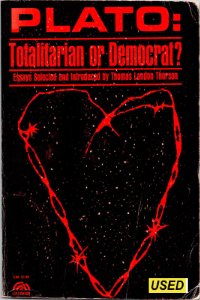By David G. Ritchie
David G. Ritchie’s Natural Rights: A Criticism of Some Political and Ethical Conceptions is a critical examination of the philosophical and political theories surrounding natural rights. Published in the late 19th century, Ritchie’s work challenges the assumptions held by classical liberals and natural law theorists, particularly those who argue for the inherent and immutable nature of rights. Instead, Ritchie approaches the concept of rights from a historical and evolutionary perspective, arguing that rights are not absolute but are instead shaped by social, political, and moral developments over time.
Ritchie’s work remains highly relevant and modern in its rejection of fixed, universal rights and in its emphasis on social evolution, institutions, and collective well-being. However, contemporary discourse has gone further by incorporating intersectionality, global human rights frameworks, and moral imperatives that sometimes challenge his purely historical and pragmatic approach. His work is valuable for its emphasis on the social and historical evolution of rights, but some critics argue that his relativism could justify oppression, that he underestimates moral absolutes, and that he places too much emphasis on legal institutions rather than individual freedoms. Nevertheless, this is a pioneering work that aligns with modern human rights discourse in its recognition of change over time,







